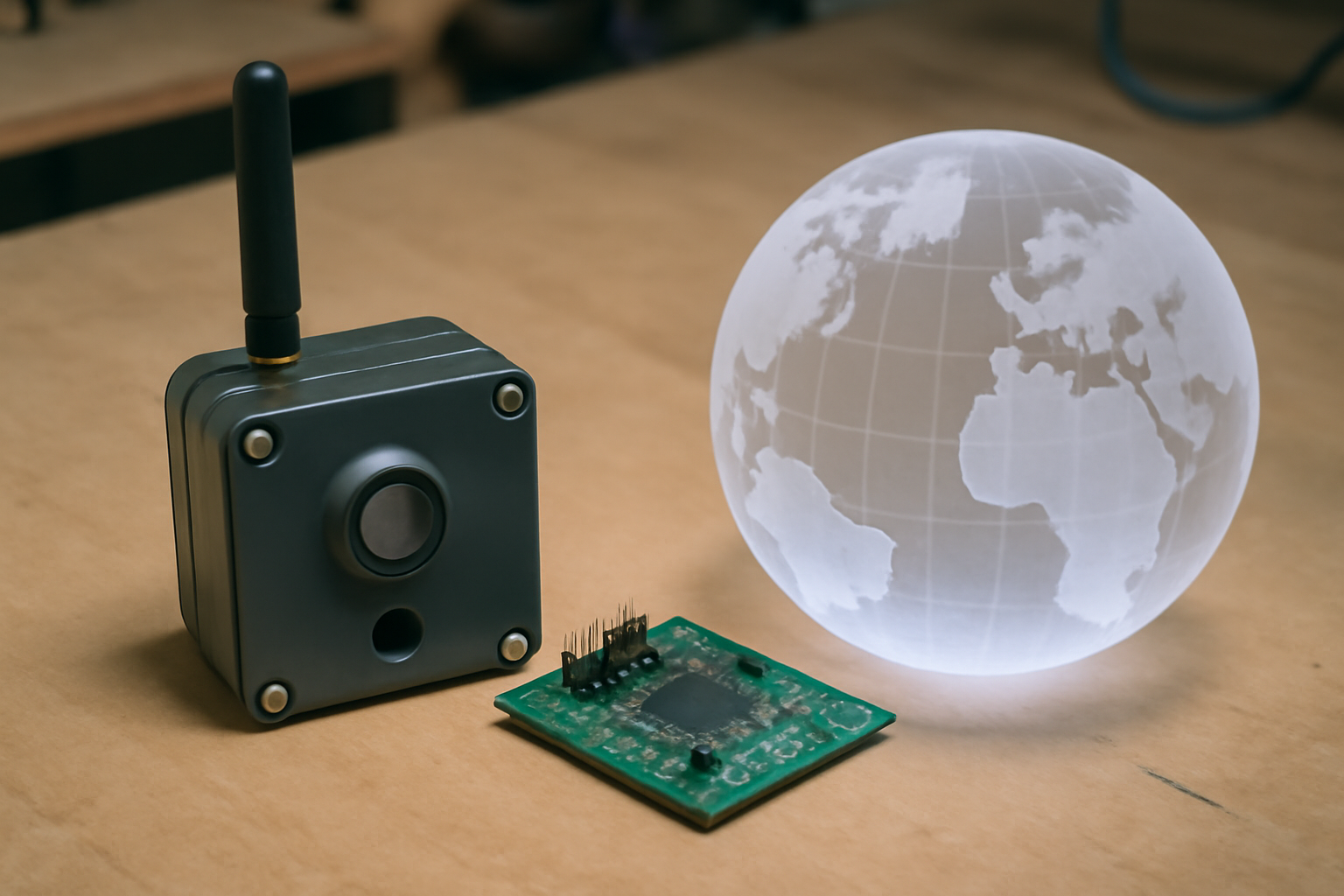
Emerging technologies are playing a crucial role in addressing global stress issues related to war, conflict, hunger, natural disasters, climate risk, space hazards, and supply-chain chokepoints. These innovations include advancements in data analytics, artificial intelligence (AI), biotechnology, renewable energy solutions, and space technologies.
Data Analytics and Artificial Intelligence: AI and machine learning algorithms are increasingly being utilized to predict and manage stress points like natural disasters and climate risks. Predictive analytics can forecast weather patterns, helping governments and communities prepare for hurricanes, floods, and droughts. Additionally, AI-driven simulations can model and anticipate the outcomes of conflicts, offering insights for peace-building efforts.
Biotechnology: In the realm of food security, biotech innovations such as CRISPR gene-editing technology are creating crops that are more resilient to climate change and pests. These innovations aim to increase food production efficiency, crucial for combating global hunger.
Renewable Energy Solutions: To tackle climate risk and energy scarcity, renewable energy technologies are being developed and deployed. Solar, wind, and hydroelectric power systems help reduce carbon emissions and provide sustainable energy sources, reducing dependence on fossil fuels that contribute to geopolitical conflicts and supply-chain disruptions.
Space Technologies: Advances in satellite technology improve disaster response through enhanced earth observation capabilities. These satellites provide vital data on environmental changes, helping in the early detection of potential natural disasters. Moreover, space technologies enhance global communication networks, crucial for coordinating international aid during crises.
Supply-Chain Chokepoint Management: Blockchain technology is being explored to enhance transparency and security in supply chains. By providing a decentralized ledger of transactions, blockchain can help monitor and trace products through complex supply networks, reducing delays and inefficiencies that exacerbate global stress points.
The integration of these technologies signifies a broader trend of leveraging advanced tools to create more resilient systems against global stressors. However, the deployment of these innovations requires careful consideration of ethical, political, and economic factors to ensure their equitable and effective application worldwide.